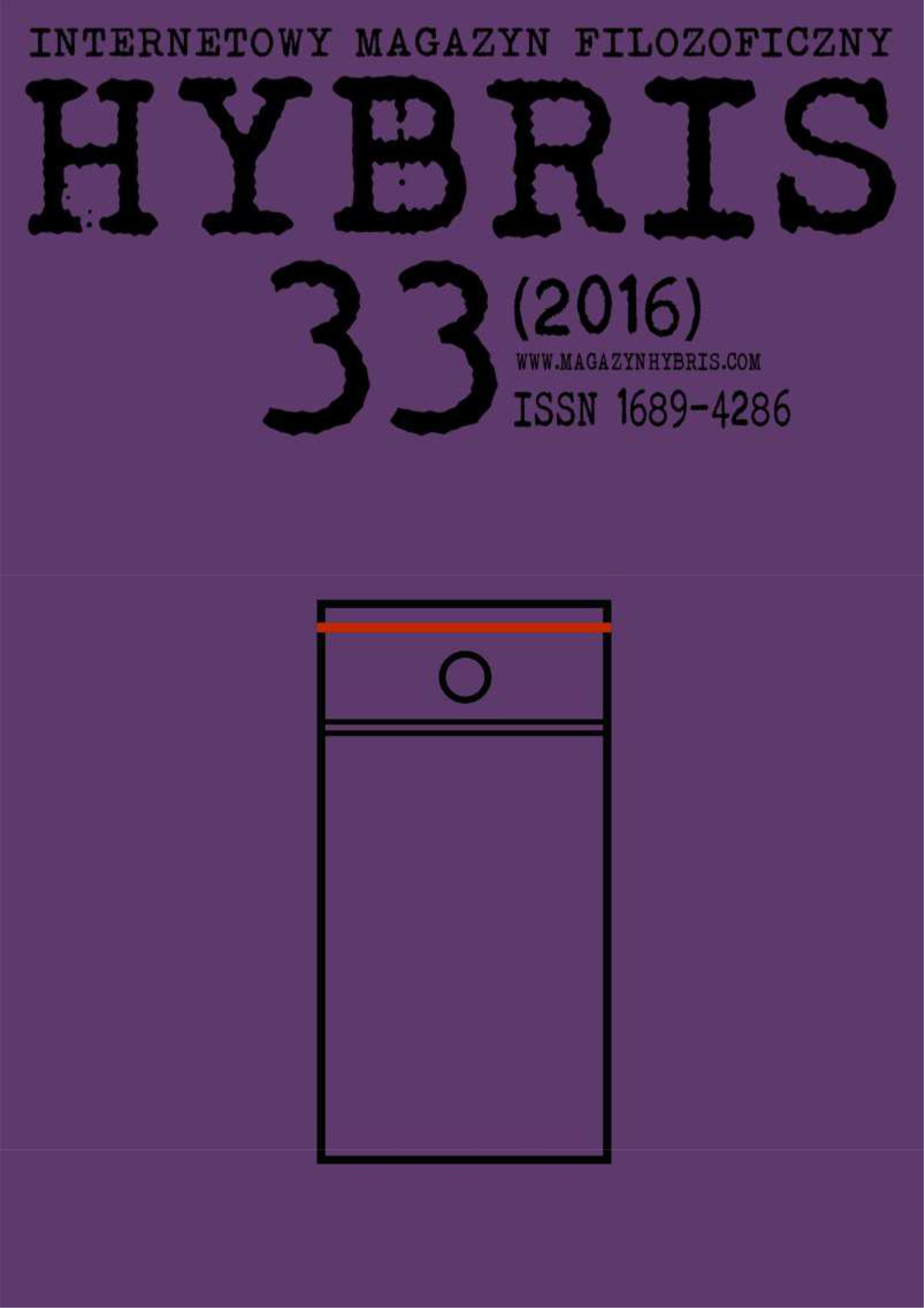‘Conspiracy theory’ – how to understand and how to use the term
DOI:
https://doi.org/10.18778/1689-4286.33.07Keywords:
conspiracy theory, paranoid thinking, rationality, bounded rationality, criteria of truth, Noam Chomsky, Herbert A. SimonAbstract
‘Conspiracy theory’ is especially popular term used by journalists in Poland. Alas, this name is understood in an intuitive and journalistic manner only, and has an eristic use. Janusz Guzowski in his paper tries to establish its definitional sense. Unfortunately, his proposal is useless, because conspiracy mentality is defined by common and fundamental features typical for everyday and even scientific thinking. Such an approach has some undesirable consequence: a theory is called conspiracy because in somebody’s opinion it is conspiracy. That is why, Guzowski’s approach is here called intuitive-content, because such a naming is arbitrary and intuitive and depends on the content of the theory. In our paper there is proposed an opposite context-free approach, which is closely relative to Chomksy’s opinion. Thus a theory is recognizes as conspiracy, if and only if, it is ignored by scientists.
References
Ajdukiewicz, K., 1965, Logika pragmatyczna, Warszawa.
View in Google Scholar
Barkun, M., 2003, A Culture of Conspiracy, London: University of California Press.
View in Google Scholar
DOI: https://doi.org/10.1525/california/9780520238053.003.0001
Baron-Cohen, S., 2014, Teoria zła, (Zero degrees of Empathy, 2011, przeł. Agnieszka Nowak), Sopot.
View in Google Scholar
Bocheński, J., 1992, Sto zabobonów, Kraków 2000.
View in Google Scholar
Breuler, E., 1912, Lehrbuch der Psychiatrie, Springer Berlin.
View in Google Scholar
Chomsky, N., What Makes Mainstream Media Mainstream, Z Magazine, October, 1997. Artykuł dostępny na stronie http://www.chomsky.info/articles/199710--.htm
View in Google Scholar
Colman, A. M., 2009, Słownik psychologii, PWN Warszawa.
View in Google Scholar
Guzowski, Janusz, Psychologiczne źródła teorii spiskowych, Internetowy Magazyn Filozoficzny „Hybris”, 33 (2016), ss. 87-100.
View in Google Scholar
Kąkolewski, K., 2010, Popiełuszko. Będziesz ukrzyżowany, Poznań.
View in Google Scholar
Łukowski, P., 2012, Logika praktyczna z elementami wiedzy o manipulacji, Wolters Kluwer, Warszawa.
View in Google Scholar
Moore, R., Reconstructing Reality: Conspiracy Theories About Jonestown, Journal of Popular Culture 36/2, 2002, s. 200–220. Artykuł dostępny na stronie http://jonestown.sdsu.edu/?page_id=16582
View in Google Scholar
DOI: https://doi.org/10.1111/1540-5931.00002
Searle, J. R., 1985, Vandrvaken, Daniel, Foundations of Illocutionary Logic, Cambridge University Press.
View in Google Scholar
DOI: https://doi.org/10.1007/1-4020-3167-X_5
Simon, H. A., 1982, Models of Bounded Rationality and Other Topics in Economic Theory, Cambridge: MIT Press.
View in Google Scholar
Sunstein, C., Vermeule, A., 2009, Conspiracy Theories: Causes and Cures, “The Journal of Political Philosophy”, XVII, Number 2, ss. 202–227.
View in Google Scholar
DOI: https://doi.org/10.1111/j.1467-9760.2008.00325.x
Stoczkowski, W., 2005, Ludzie, bogowie i przybysze z kosmosu, Warszawa: Państwowy Instytut Wydawniczy.
View in Google Scholar
Downloads
Published
How to Cite
Issue
Section
License

This work is licensed under a Creative Commons Attribution-NonCommercial-NoDerivatives 4.0 International License.






